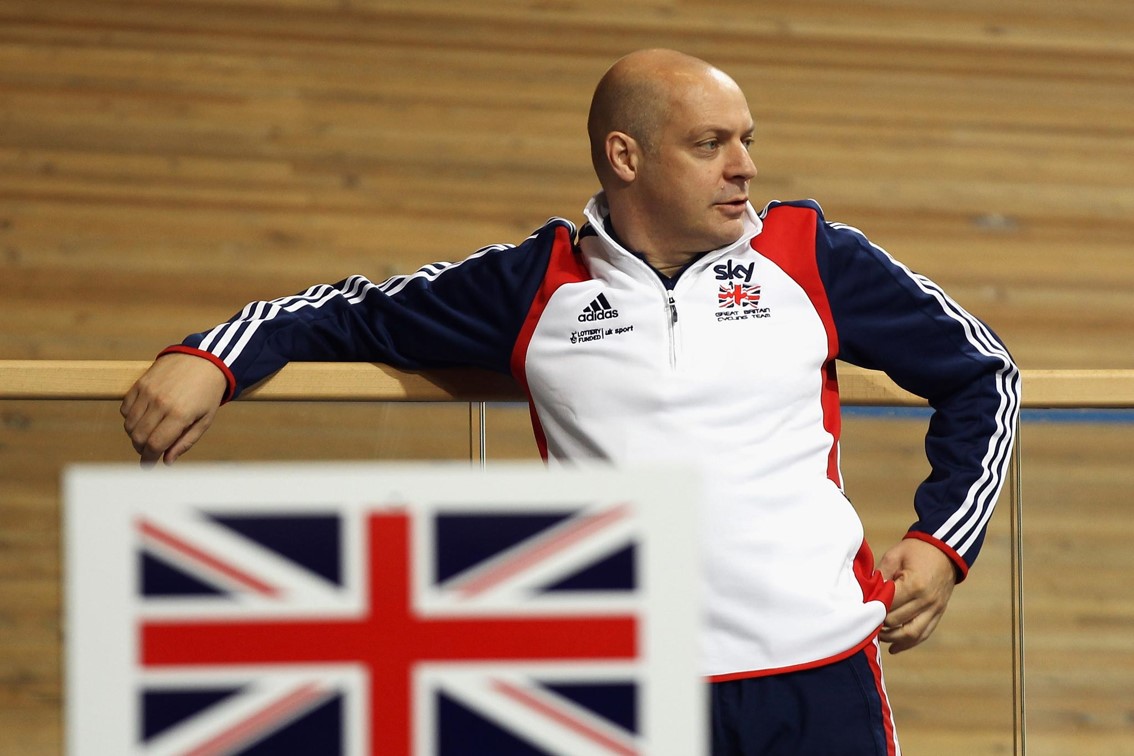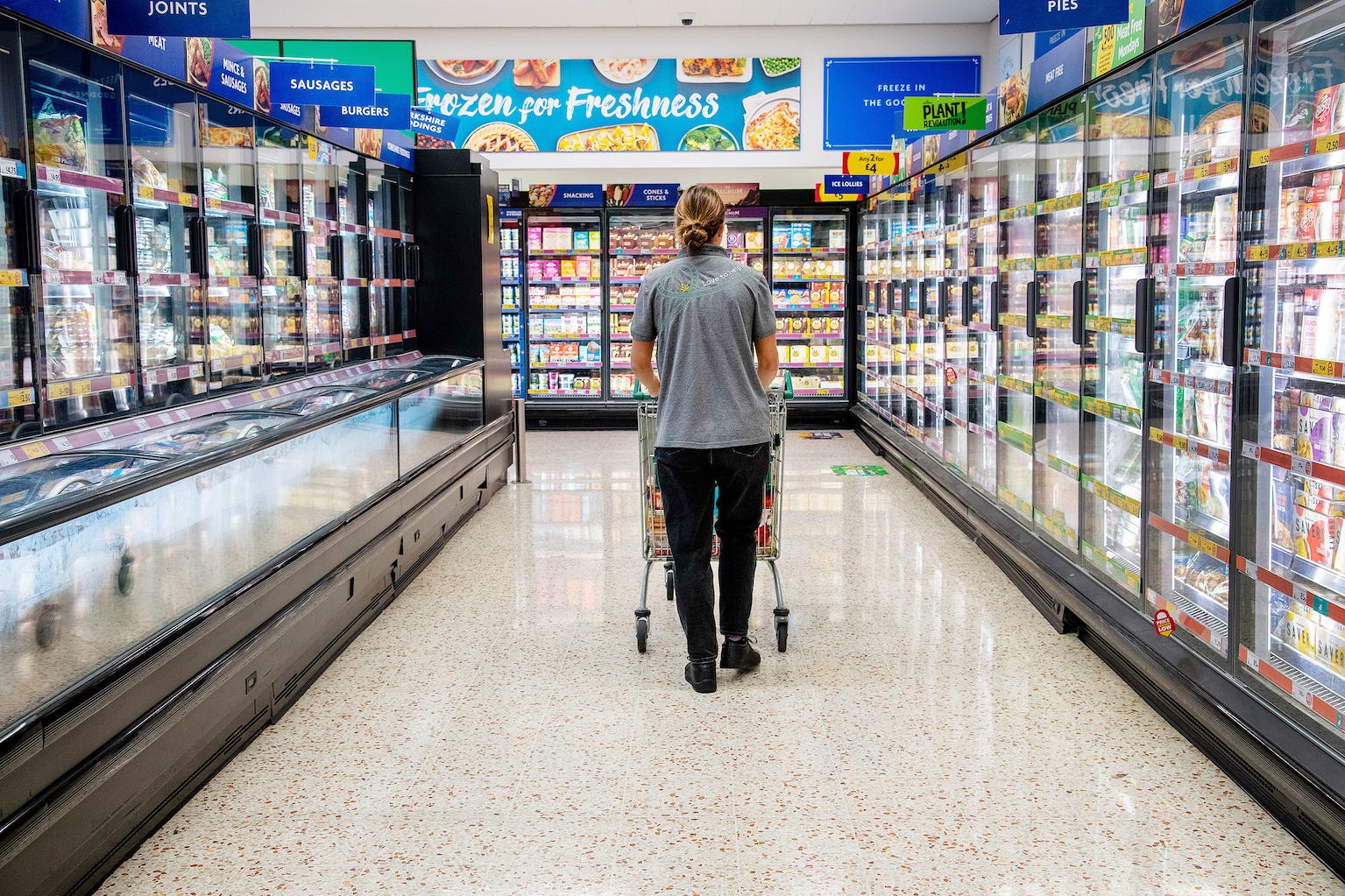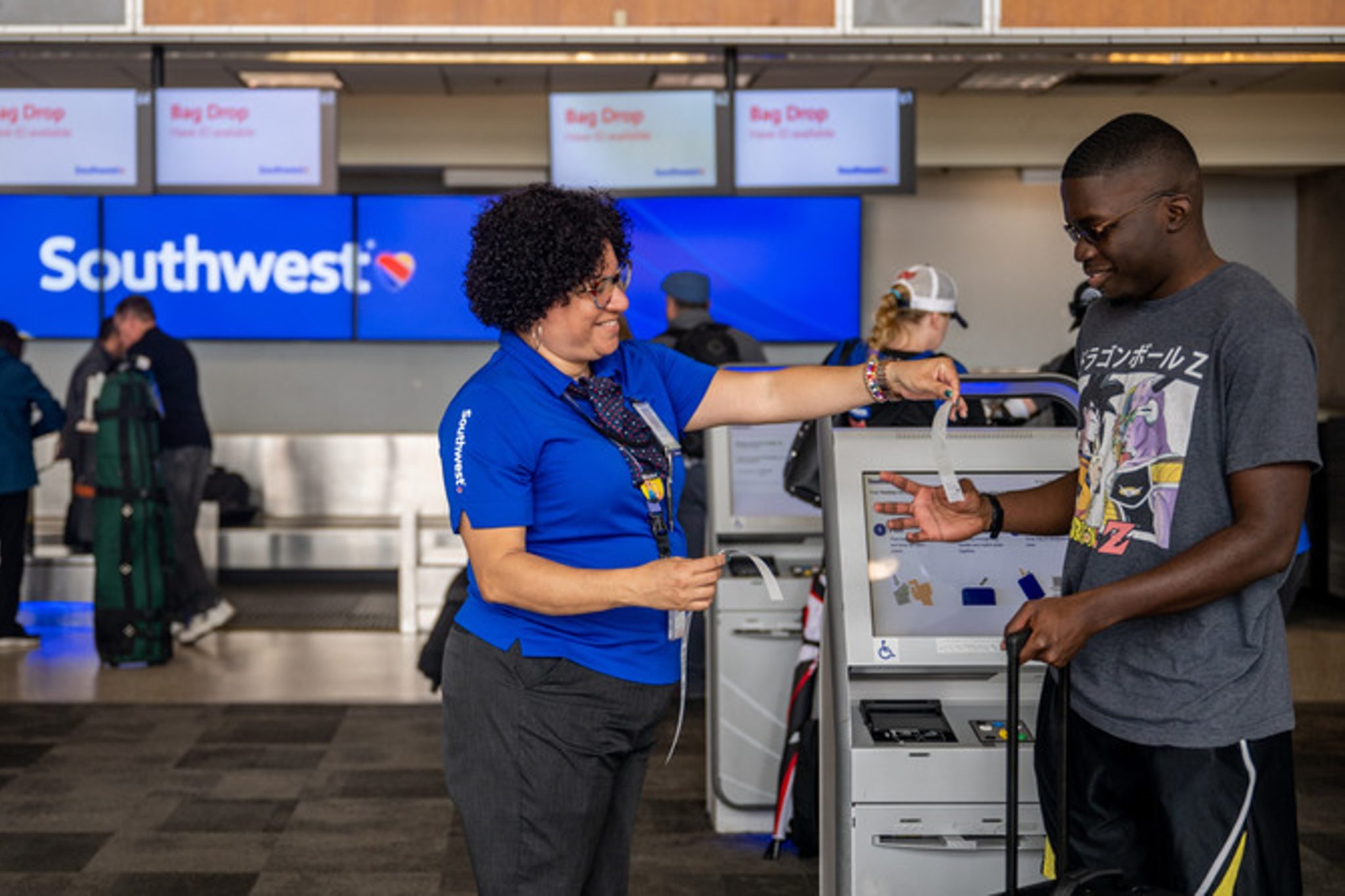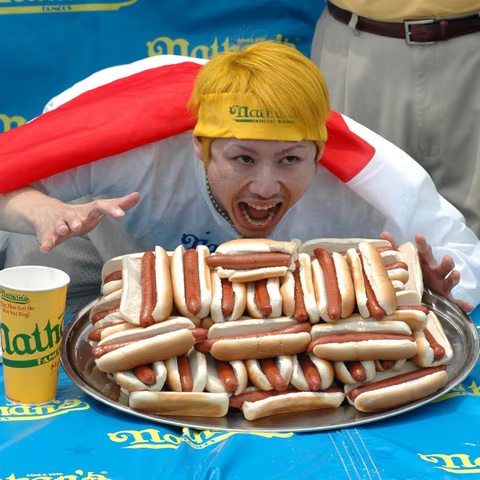Sir Dave Brailsford is synonymous with the concept of marginal gains, having relentlessly pushed the British Cycling team to find 1% improvements;
Marginal gains
Small changes make a big difference.
In the early 2000s, head coach Clive Woodward made England the first team to wear skin tight kit – believing that baggy shirts make it easier to be tackled. A small – and perhaps vital – factor in the team’s 2003 World Cup win.
When electric bikes run out of charge their batteries need to be replaced. Lime cut their battery costs in half by moving from fixed batteries to swappable batteries, so employees could charge bikes there and then, rather than having to drive them back to the warehouse to charge overnight.
The need for speed led the McDonald brothers to turn to Henry Ford and the world of cars. If Ford could use a specialised system to build a car in two hours, the McDonald brothers could use it to make a burger in less than a minute. They created a new dispenser that squirted the same amount of ketchup every time, and they replaced the silverware with paper wrappings to remove the need for a big dishwasher. The resulting ‘speedee system’ became the basis for modern day fast food as we know it.
Mcdonalds speedee system (see film)
Every penny counts for supermarkets. So Morrisons has recently increased the temperature of its freezers from -18°C to -15°C, after a previous trial suggested the move would save 10% on energy costs.
Despite having one of the speediest boarding processes in the industry, Southwest are employing a range of tricks to make it just five minutes faster; installing a colour-coded carpet that shows where different boarding groups should line up, and playing fast paced music in the jet bridge to hurry passengers up.
Dubbed the “godfather of competitive eating,” Kobayashi revolutionised the sport with a range of new techniques; breaking hot dogs in half rather than eating them whole, eating the dog and bread separately, and dipping the rolls in water to make them easier to swallow.








